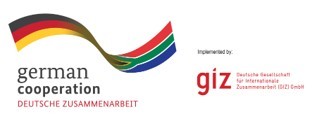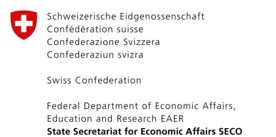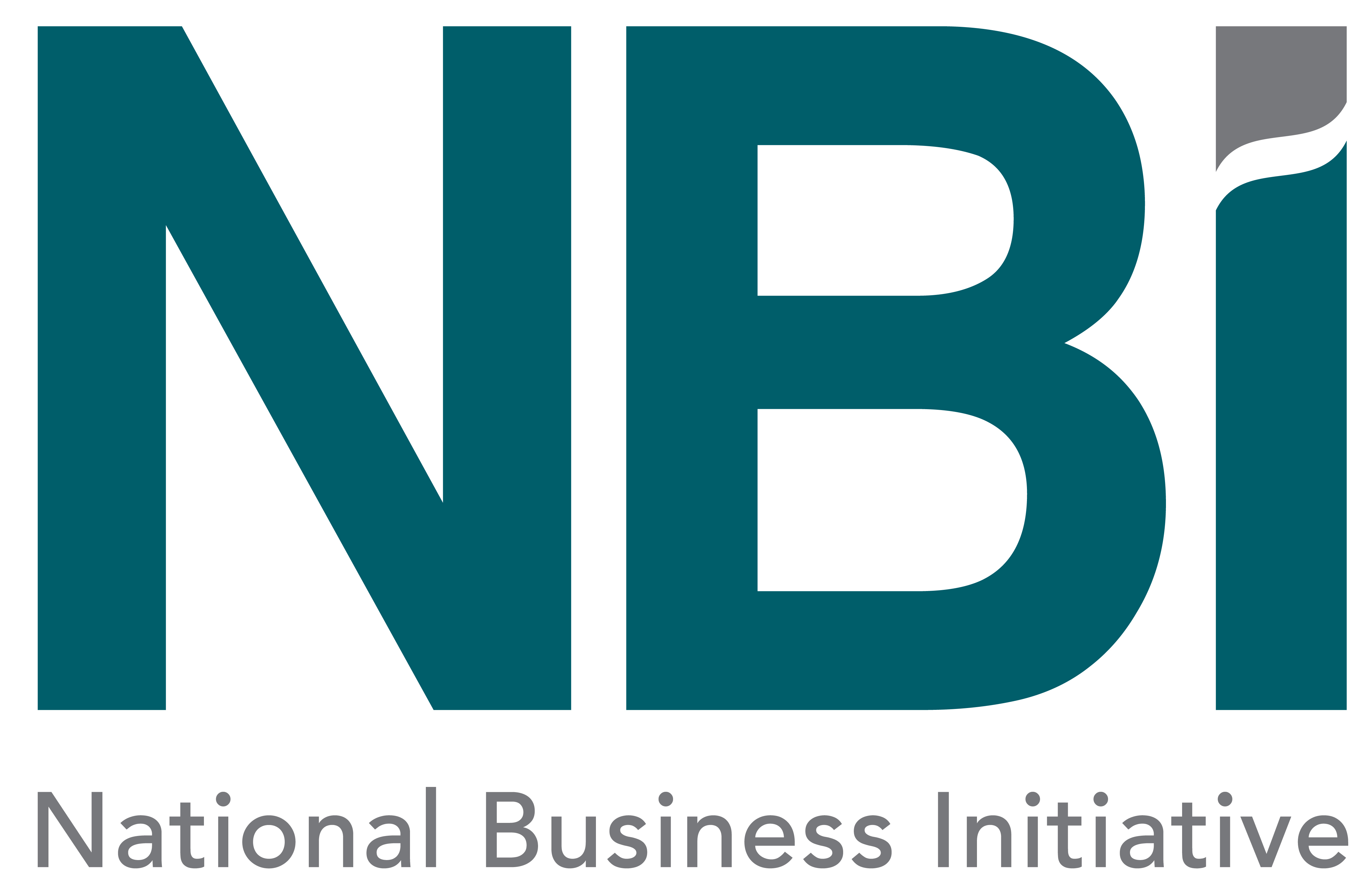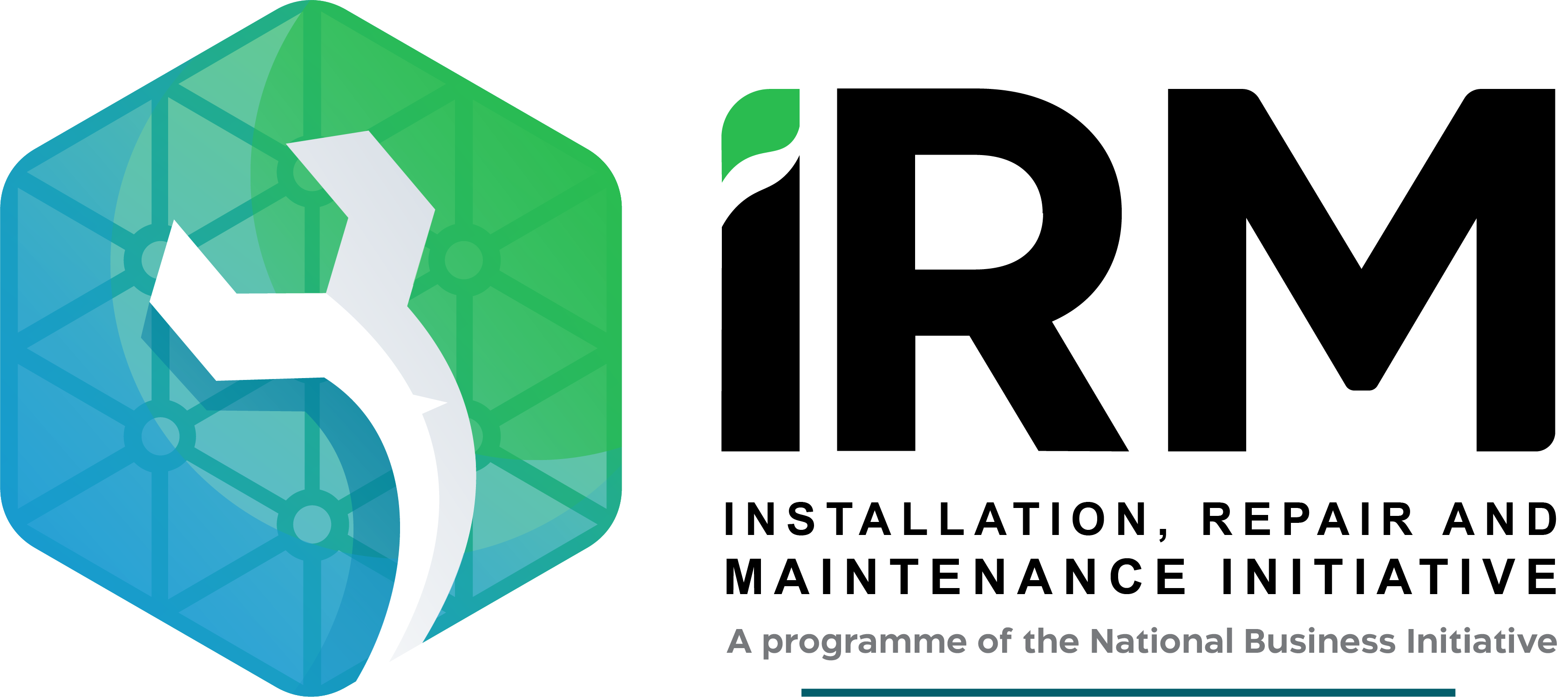JET Funding Platform to close first application window on Dec 15
The Just Energy Transition (JET) Funding Platform, launched on October 25, will close its first window for applications on December 15, according to JET PMU.
A new matchmaking platform aimed at connecting providers of grant funding with domestic beneficiaries has been launched to support South Africa’s Just Energy Transition Investment Plan (JET-IP). The platform, known as the JET Funding Platform, seeks to disburse R600 million in grants to 20 projects in 2025 and aims to expand this to R1.5 billion for 50 projects in 2026. The funding will primarily target local small businesses, trade unions, municipalities, community-based organizations, and NGOs.
The platform was officially unveiled on October 25, 2024, during a ceremony held in eMalahleni, Mpumalanga, an area considered "ground zero" for South Africa’s efforts to transition away from coal-dependent energy. This region has been identified as one of the areas most vulnerable to the social and economic impacts of the country's shift to renewable energy, making the Just Energy Transition particularly crucial.
During a webinar on November 8, Ngoasheng, the platform's lead, detailed the funding targets for the platform.
The JET Funding Platform offers an online application process through which local developers can submit their projects for consideration. Once submitted, projects are evaluated based on several criteria, including their alignment with South Africa’s climate goals and the specific objectives of the JET-IP.
Supporting South Africa’s Carbon Emission Goals
The platform is integral to South Africa’s strategy for achieving net-zero carbon emissions, while also ensuring social justice as the country shifts from a coal-dependent energy sector to a cleaner, more sustainable future. This approach is central to the JET-IP, which was published in 2022 and outlines the country’s need for R1.5 trillion over five years to fund the transition to a low-carbon economy.
The JET-IP sets ambitious decarbonization targets, aiming for a reduction of between 350- and 420-million tonnes of carbon equivalent. Funding for the transition is expected to come from development banks, financial institutions, corporations, and the private sector, with a focus on three priority sectors: electricity, new-energy vehicles, and green hydrogen. There will also be investments in cross-cutting areas like skills development and municipal support.
South Africa’s commitment to these goals was reinforced ahead of COP 28 in Dubai, where the country secured a pledge of $8.5 billion from the International Partners Group (IPG), which includes the UK, Germany, the US, the EU, and France.
Bridging the Gap Between Funders and Local Projects
The JET Funding Platform is designed to reduce the friction costs typically associated with accessing grant funding, particularly for local developers. By improving visibility into the pool of JET projects, the platform allows both local and international funders to discover opportunities for investment, co-investment, and risk-sharing.
The platform will also play a crucial role in project preparation, offering technical support to help project developers craft strong funding proposals. Ngoasheng highlighted that the platform’s main aim is to improve access to funding by addressing challenges such as high transaction costs and limited visibility of local projects.
Transparent Project Evaluation Process
Projects seeking funding through the JET Funding Platform must meet specific pre-qualifying criteria and undergo a rigorous assessment process. Applicants, which can include any juristic person, must demonstrate strong governance structures and prove that their projects align with the JET-IP’s objectives.
Projects are then evaluated across five key pillars:
- Climate mitigation – Contributions to reducing greenhouse gas emissions.
- Transition-enabling outcomes – Projects that support the broader energy transition.
- Community empowerment and ownership – Ensuring local communities benefit from the transition.
- Transformational impact – The long-term, systemic change the project aims to achieve.
- Sustainability – The ability of the project to continue and thrive after initial funding.
Each project is scored according to these criteria, and the combined scores determine whether a project is eligible for funding. After initial evaluation by Technical Support Teams, the projects that meet the criteria are reviewed by the JET Project Management Unit (PMU) Review Committee, which adds them to the JET Funding Platform register.
Connecting Projects with Funders
Once a project is added to the register, it is made available to funders for further review. Funders then conduct their own assessments and, if they approve the project, enter into a direct funding agreement with the project developers. The JET PMU is notified of the final funding match, and approved projects are listed on the JET Grants Register.
The platform also includes a monitoring and evaluation (M&E) system, which will allow funders to track the implementation of the projects they have funded. This will ensure that projects are delivering the intended impacts, while also providing valuable data on the effectiveness of funding.
Timeline and Application Process
Project developers can expect a response to their application within 90 days, provided all required documents have been submitted correctly. This relatively quick turnaround time aims to streamline the funding process and ensure that projects do not face undue delays in securing the resources they need to succeed.
A Key Step in South Africa’s Energy Transition
In her remarks, Ngoasheng emphasized that the JET Funding Platform is a vital tool in helping South Africa achieve its climate and economic transformation goals. It will support the country’s shift towards a low-carbon economy by ensuring that funding reaches projects that can have a lasting, positive impact on communities and the environment.
As South Africa works toward meeting its climate targets and securing the funding needed for a just and sustainable energy transition, the JET Funding Platform will serve as a critical bridge between the country's local needs and the international resources required to drive meaningful change. By providing a transparent, efficient, and accessible funding process, the platform stands as a beacon of hope for South Africa’s energy future.





